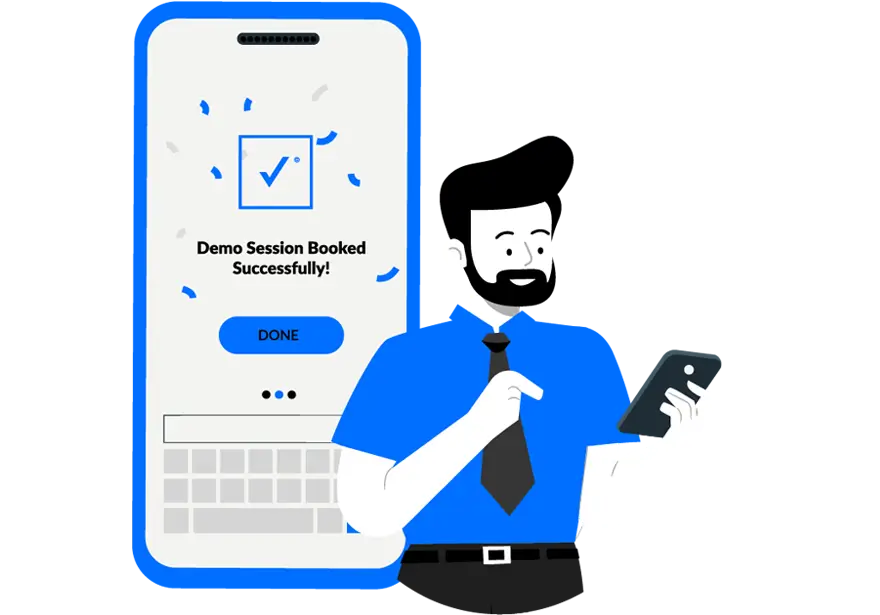Desculpe-nos, mas este texto está apenas disponível em English.
The Ultimate Guide for Hiring: Ensuring Your Web Developer Knows Their Stuff
Recruiting for tech positions, particularly for web development roles, can be a daunting task even for the seasoned hiring professional. With technical skills shrouded in an enigma for the uninitiated, how can you be sure that the candidate across the desk isn’t just waxing lyrical about their capabilities? Their CV might look promising, but words aren’t enough to gauge their aptitude. This comprehensive guide will equip you with the tools and tactics to discern a virtuoso in your quest to find the perfect web developer.
- Lean on the Experts in Your Team
In larger organisations, tapping into the wisdom of your wider development team can be your ace in the hole. Consider involving a senior developer in the interview process. They could help you design a set of technical questions or a practical skills test to probe the candidates’ knowledge and reveal any red flags. These questions should go beyond academic knowledge and focus on real-world problem-solving and coding scenarios. The drawback of this approach is that it relies on the availability and willingness of your developers, which may not always be feasible – especially if your hiring to replace them.
- Online Technical Assessments
The digital age grants us access to world-class interviewing and hiring resources that weren’t available before. Enter the era of online technical assessments that can be tailored to your company’s specific technical requirements. Platforms like Evalart offer a suite of tests that measure not only a candidate’s expertise in programming languages but also critical soft skills like problem-solving, pattern recognition, and logical thinking. These tests include hands-on coding exercises that provide a practical marker of the developer’s skillset.
- Their Web Development Portfolio
A developer’s portfolio is a direct reflection of their capabilities, creativity, and work ethic. It can be the most telling piece of evidence in your decision-making process. Ask your candidates to share their work samples, code repositories, and links to websites or applications they’ve been involved in developing. Pay close attention to the complexity of the projects, the elegance of the solutions offered in relation to the brief, and the cleanliness of the code. The portfolio gives context to a candidate’s claimed expertise and allows you to evaluate the actual quality of their output. However, it is important to remember that these projects are often completed as part of a team, and individual contributions may be hard to discern.
- Deep-Dive References
Our final stop is the often-underutilised gold mine of candidate assessment – references. Many hiring managers neglect or skim over this crucial phase of hiring. Yet, the insights gleaned from a reference call can be incredibly illuminating. When contacting references, be sure to ask specific questions that provide a comprehensive view of the candidate’s abilities and work ethics. Inquire about their performance in meeting deadlines, collaborating with colleagues, and handling client responsibilities. By scrutinising their interpersonal and team skills in addition to technical prowess, you increase your chances of making a well-informed hiring decision. The caveat here is to take references with a grain of salt, as they may not always be completely objective or up to date.
The Big Picture
Armed with these strategies, you can approach the task of hiring web developers with confidence and clarity. Remember, the aim is not merely to ascertain their technical proficiency but to gauge their suitability within the broader context of your company culture, values, and team dynamics. Your recruitment process should be a comprehensive evaluation that leverages the collective experience of your organisation. By doing so, you not only secure competent developers but also foster a recruitment culture that values precision and insight. After all, recruiting a developer that knows their stuff is not just a stroke of luck – it is an art of its own.


